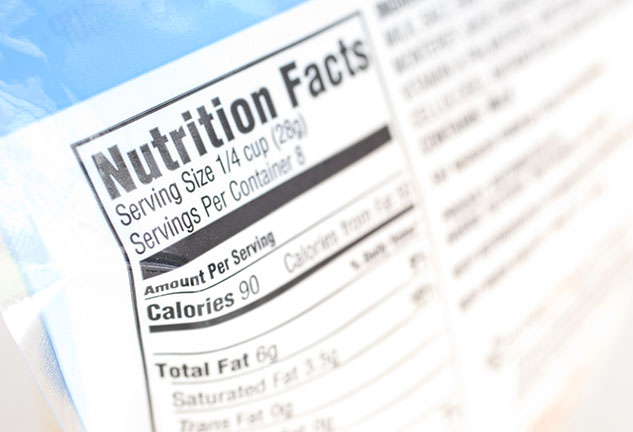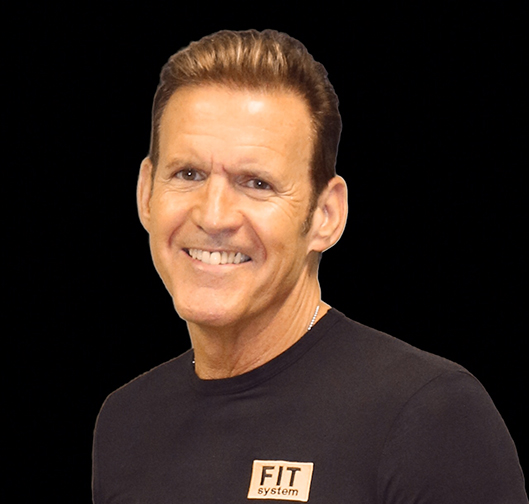In these uncertain times I know your food/drink sections are limited, but try to take time to look at what you’re eating and/or drinking. If the list of ingredients looks like a chemistry experiment, find a more natural substitute. In particular, avoid any foods that have hydrogenated or partially hydrogenated oils or trans fats. Choosing a more natural alternative will translate to a healthier you.
We like to know — or we should want know — what is in the food we eat. You may wish to avoid certain ingredients for a variety of reasons. However, the ingredient-labeling terminology may not always be clear to us, and for some consumers, interpretation of the labeled ingredients is a problem.
Here are explanations of a few common but mystifying ingredients:
- Carob is made from the edible seed pods of the carob tree. The sweet pulp is used to make an alternative to chocolate and sweetener.
- Hydrogenated vegetable oil is a generic class name referring to vegetable oil that has been converted to a solid or semi-solid state through a process called hydrogenation. All hydrogenated vegetable oils (e.g. sunflower, soy, canola) are covered by this term. Hydrogenation produces a more desirable texture (e.g. in baked products) but can result in the formation of trans fatty acids, which have been implicated as a risk factor in heart disease. Consumers are typically advised to look for the words “hydrogenated” and “partially hydrogenated” in the ingredients list to find out if a product contains trans fat.
- Glucose syrups are sweet aqueous solutions of saccharides, made by the partial hydrolysis of starch by food-grade acids and/or enzymes. Depending on the degree of hydrolysis, these solutions contain various amounts of glucose. Glucose syrup is often used as a sweetener for confectionery products and soft drinks and is also a natural substrate to obtain alcohol.
- Modified food starches are products derived from native starches (e.g. from maize, wheat and potato) that have been treated by chemical, physical or biological means (e.g. by precooking) to produce desirable properties. They are used in the food industry as thickeners, stabilizers, gelling agents, binders or emulsifiers in sauces, gravies, soups, deep-frozen dishes and confectionery items. Another form of modification is “pre-gelatinization” of starch, which allows it to form a gel with cold water, as in many “instant” desserts.
Make sure to include your fruits, such as apples; they offer vitamins and minerals vital to a healthy vascular system. An apple a day keeps the coroner away. Dip apple slices in peanut or almond butter to give your system a shot of protein.
Here are some fun apple facts:
- Apples are a rich source of nutrients and a powerful antioxidant.
- Studies show that eating 100g of apple can give an antioxidant effect that is equal to taking about 1,500mg of Vitamin C.
- Apples contain a large amount of minerals and vitamins that can strengthen the blood.
- Apples contain malic acid, which can help prevent disturbances of the liver and digestion.
- Apple-cider vinegar, when used as beverage, can help to prevent the formation of kidney stones.
- The skin of an apple can help remove toxic substances from your system.
- Eating an apple daily can help reduce skin diseases.
- Eating an apple daily can help lower cholesterol levels.
Be careful, and thanks for all you do. CDL drivers are America’s most valuable resource!
Bob Perry is a regular contributor to The Trucker. He has spent nearly the past four decades on a mission to educate professional drivers and share life-changing products and services to help them live healthier lives while on the road. Recognized throughout the transportation industry, from bus drivers to over-the-road professional drivers, Perry has played an important role in creating a paradigm shift helping regulatory agencies, private and public sector entities, and consumers understand the current health challenges of the professional driver. He has participated as a wellness advocate in several roundtable discussions, large audience groups and small forums as well as going “curbside” through a national truck stop tour.
Bob’s articles have been featured in The Trucker and a number of other national transportation industry publications and is the host of a weekly wellness call produced by Rolling Strong. Bob has been a regular guest on RedEye Radio and Land-Line Radio, and is often an invited guest on Sirius radio shows. He has been featured in the New York Times, Men’s Health Magazine, Drug Store News, American Road Magazine, WSJ, NPR, ABC National Radio, as well as hundreds of daily newspapers. He has appeared on television news shows across the nation, including a featured TV segment on ABC NightLine News.








